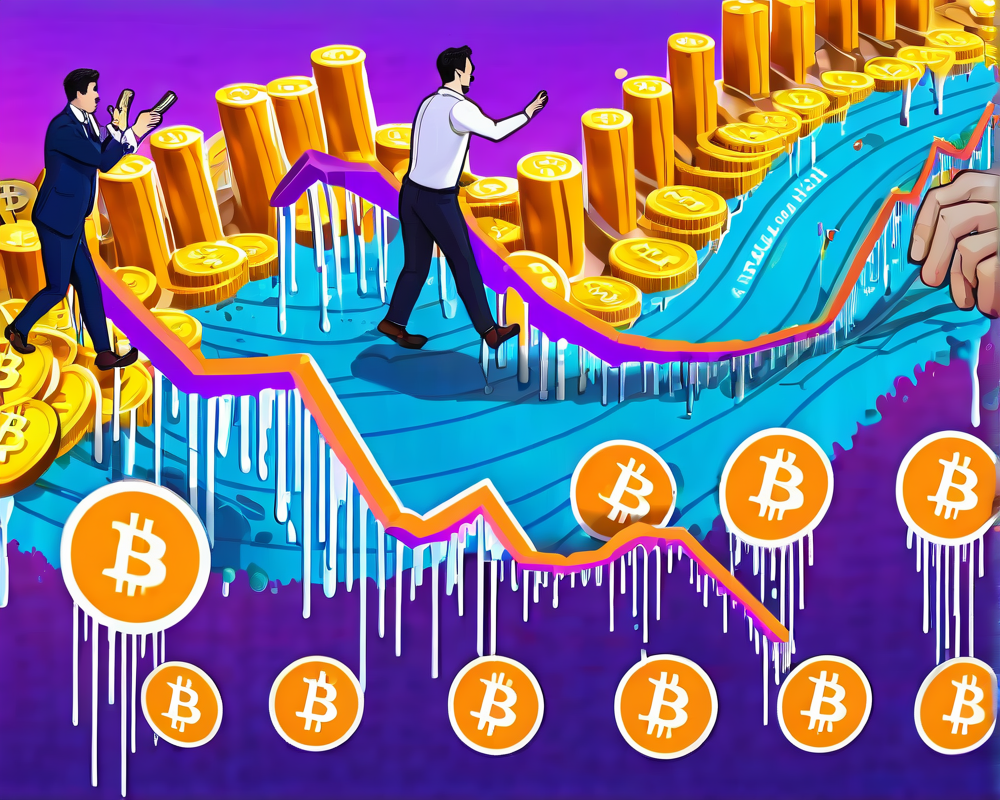The Nature of Financial Crises
Financial crises aren’t just a fancy term thrown around during awkward conversations at dinner parties. They signify a rapid and large decline in the economy, often accompanied by falling financial asset values, such as stocks and real estate. When our wallets are feeling light, and our confidence in banks takes a nosedive, you can bet we’re in crisis mode.
Causes of Financial Crises: An Exposé
So, why do financial crises happen? It’s not the universe conspiring against us; rather, a cocktail of factors can lead to this economic hangover:
- Overleveraging: Imagine borrowing money you can’t repay. That’s what happens when individuals, businesses, or governments take on excessive debt.
- Asset Price Bubbles: A rapid increase in asset prices can be enticing—until it bursts like a bad balloon, causing chaos.
- Bank Runs: When everyone rushes to the bank to withdraw their money at the same time, you’ve got a recipe for disaster.
- Mismanagement: Poorly run financial institutions can implode, leading to catastrophic outcomes.
- Economic Recessions: These slow-burn crises are like a dark cloud hanging over our financial heads, leading to reduced economic activity.
The Global Financial Crisis of 2007-2008: A Case Study
The Global Financial Crisis (GFC) of 2007-2008 was like the epic finale of a bad reality show—the drama, the betrayal, and a whole lot of foreclosures and bankruptcies. It was driven by a toxic mix of risky subprime mortgage lending, exuberant asset bubbles, and more complicated financial products than you can shake a stick at. But let’s break it down:
The Housing Bubble and Its Aftermath
When subprime mortgage loans were handed out like candy, the housing market went into a spiral of ever-increasing prices. Then, boom! The bubble burst, leaving many unable to afford their mortgages and triggering waves of foreclosures. It was like watching a bad game of Jenga unfold, block by block.
Consequences That Shook the World
Even decades later, we’re still feeling the tremors of the GFC. Here’s a peek at some of those enduring effects:
- Global Recession: The world’s economy plummeted, leading to job losses and dwindling production.
- Bank Failures: Major financial institutions toppled like dominos, requiring desperate government bailouts.
- House Prices Crater: A drop in housing prices significantly affected household wealth and led to increasing foreclosures.
- Public Debt Surge: Governments amassed significant debt in attempts to stifle the crisis.
- Political Fallout: Distrust in governments and banks soared, stoking populism and anti-globalization sentiments.
Bitcoin: A New Dawn?
As a phoenix rising from the ashes, Bitcoin emerged on the scene as a direct response to the 2007-2008 financial crisis. It’s as if the digital currency said: “Thanks, but no thanks, to the traditional financial system!” Created by the enigmatic Satoshi Nakamoto, Bitcoin aimed to create a more secure financial landscape and serve as a hedge against the inefficiencies of centralized institutions.
A Transparent Future?
With blockchain technology, Bitcoin allows transparency in financial transactions, helping prevent unethical practices like insider trading and market manipulation. Is Bitcoin the solution to our past mistakes, or just a new spin on the same old problems? Only time will tell!




